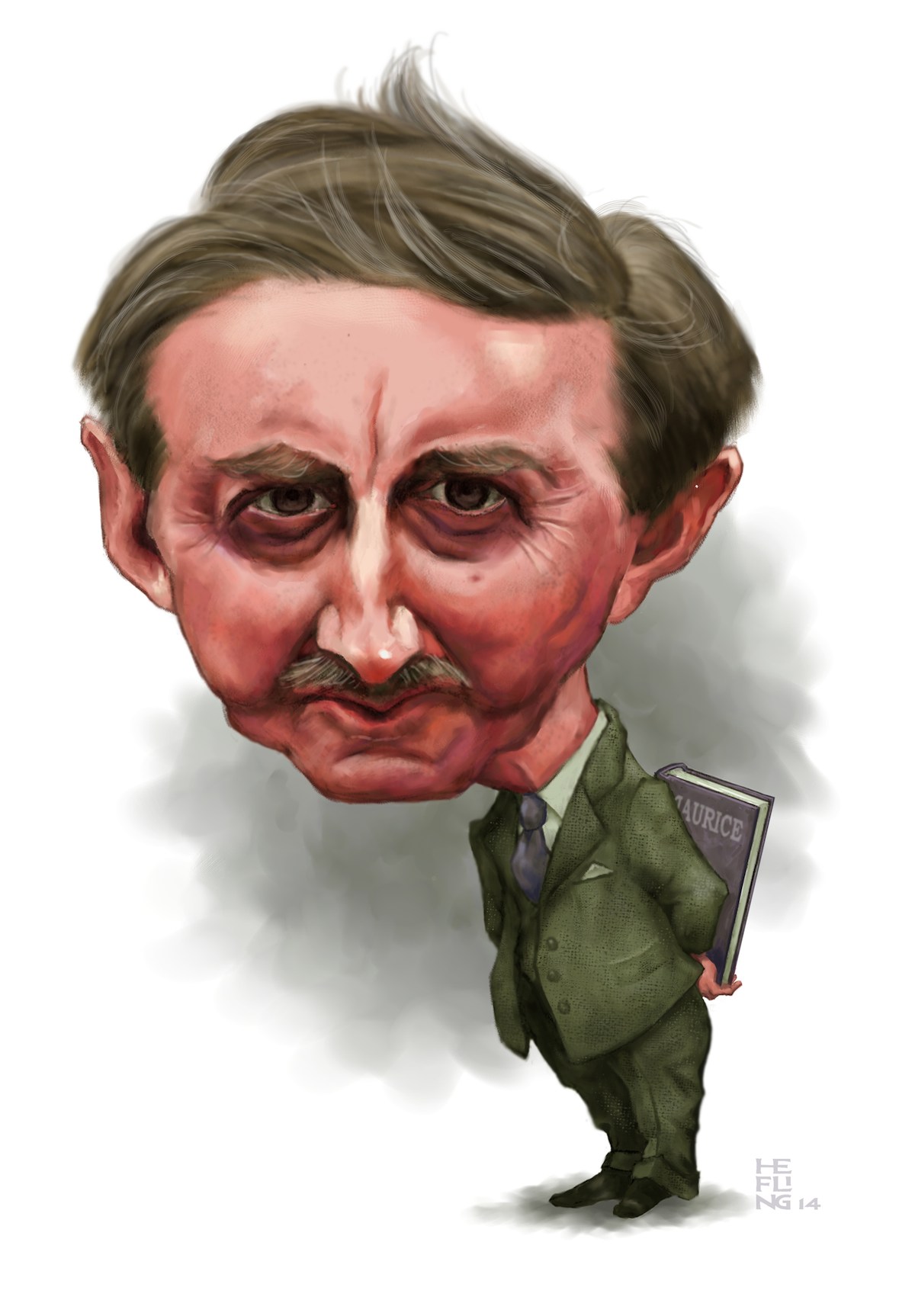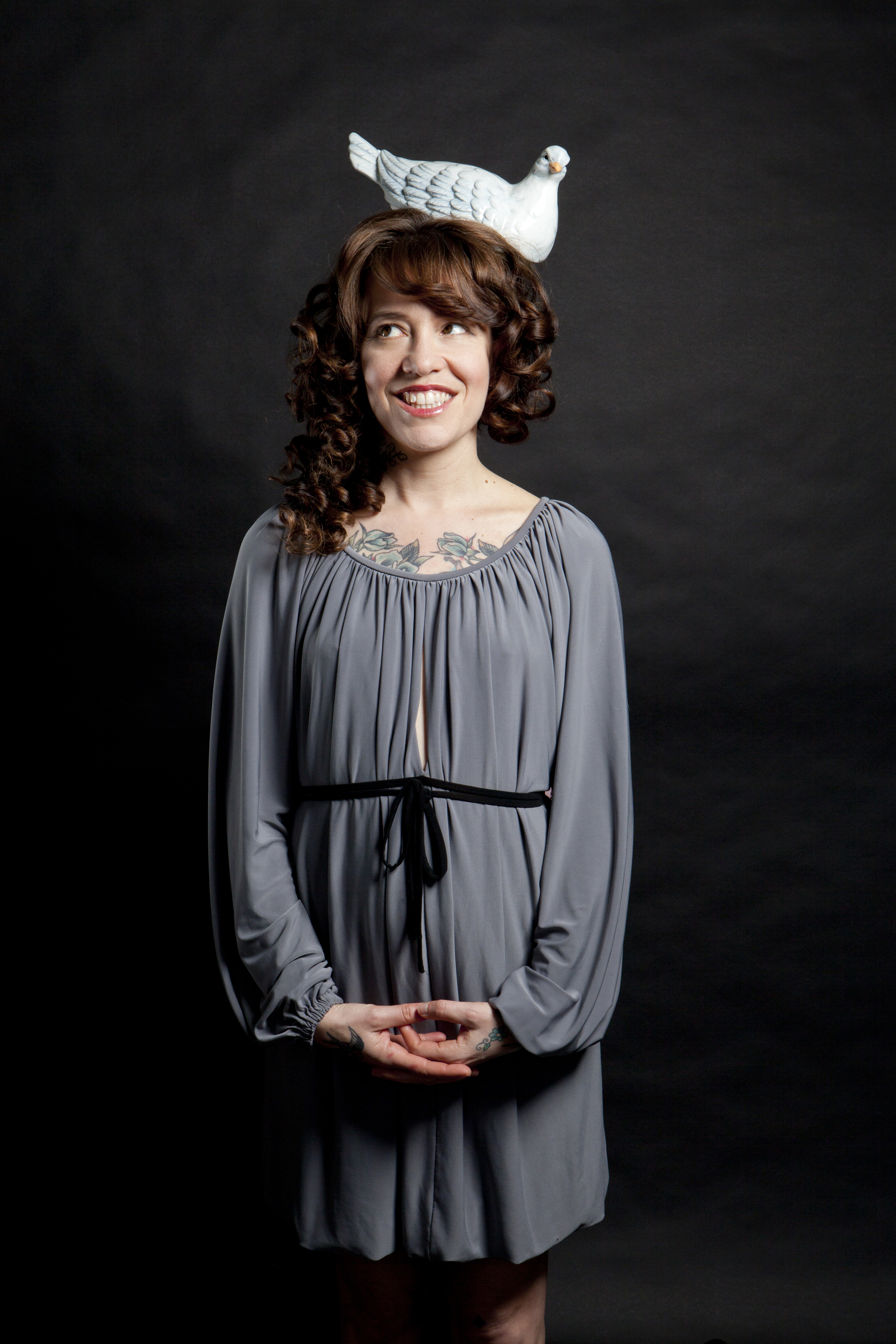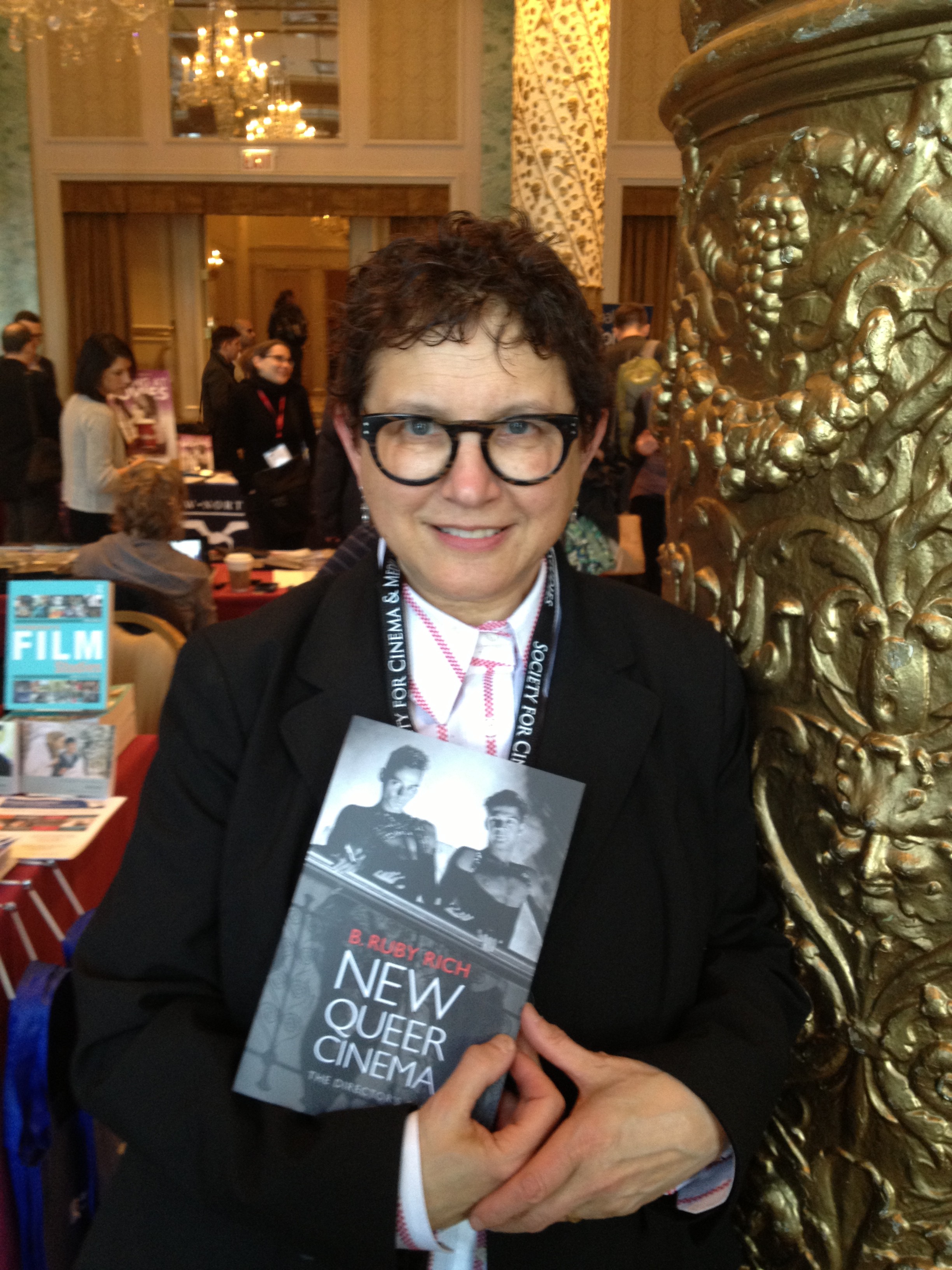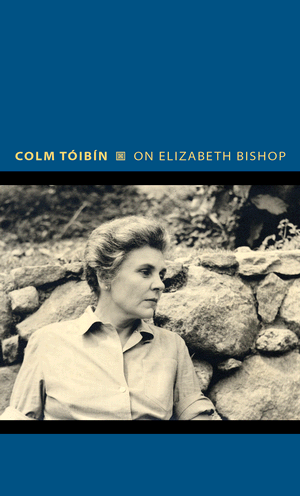
Forster Without Maurice (still gay)
What emerges from a reinterpretation of Forster is a rich body of work in which numerous gay characters and same-sex relationships are presented.
MoreSeptember-October 2015

What emerges from a reinterpretation of Forster is a rich body of work in which numerous gay characters and same-sex relationships are presented.
More
LIKE a latter-day Jean Genet, Michelle Tea is a writer whose work has always been closely associated with the queer demimonde. For almost two decades, she has produced a series of memoirs and autobiographical novels about her growth as a working-class artist and sexual maverick, beginning with The Passionate Mistakes and Intricate Corruption of One Girl in America (1998).
MoreTHE RECENT DECISION of the United States Supreme Court in Obergefell v. Hodges, recognizing a constitutional right to same-sex marriage, stands as a milestone in GLBT history on a…More
Books Today Are a Fungible Affair To the Editor: In “The Price of Going Mainstream” [May-June 2015], Dolores Klaich mourns the fate of gay and lesbian bookstores, which are…More
RONNIE GILBERT, the bold and provocative female voice in the Weavers folk quartet (which also included Pete Seeger, Lee Hays, and Fred Hellerman) died on Saturday, June 6, 2015.…More
Not a Good Match At London’s Pride parade this year, CNN reported spotting a banner representing the terrorist organization ISIS. The implied message seemed to be: ISIS is everywhere,…More
HISTORIAN Lillian Faderman is an LGBT culture hero who has won several lifetime achievement awards for her groundbreaking scholarship in LGBT history. Her most recent books are Gay L.A.…More

LEAVE IT to director John Waters to succinctly capture why film scholar and critic B. Ruby Rich is such a pleasure to read: “Ruby Rich has to be the…More

Visions of Queer Martyrdom is essentially the story of the clash between the “muscular Christianity” of the Protestant Church of England and the Anglo-Catho-lics who, while remaining in the Anglican fold, formed a counterculture of their own by turning to Catholic ritual, sacraments, and imagery.
More
On Elizabeth Bishop describes how Tóibín was influenced early on by Bishop, not only by her assiduous attention to detail but also by what she left unsaid, by the power of her empty spaces. Conversational in tone, this book is the fifth in Princeton University’s lively series.
More